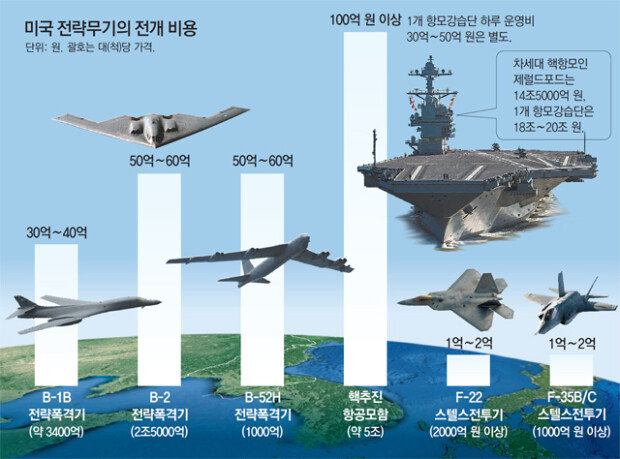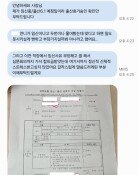Is halting S. Korea-U.S. joint military drills really in U.S. interest?
Is halting S. Korea-U.S. joint military drills really in U.S. interest?
Posted March. 09, 2019 08:28,
Updated March. 09, 2019 08:28

During a news conference following the U.S.-North Korea summit in Hanoi, Vietnam, U.S. President Donald Trump argued that he decided to halt joint military drills with South Korea because each one costs "millions of dollars." He meant that the U.S. government had spent large amounts of money in American taxpayers' money in conducting large-scale annual joint military exercises with South Korea, including the Key Resolve, the Foal Eagle and the Ulchi Focus Guardian. "Trump's remark is a significant exaggeration in terms of the financial amount," a South Korean military official said. "Still, it is true that the U.S. has shouldered a large part of the joint military drills."
According to the South Korean military, it spent an estimated 80 billion won (70.4 million U.S. dollars) to 100 million won (88 million dollars) annually between 2014 and 2018. In principle, each side is responsible for its own expenses. South Korea and the U.S. pay for their own troops and equipment mobilized to the joint drills.
As South Korea-U.S. joint military exercises are abolished or scaled down one after another, as Trumped hopes, following the collapse of the Hanoi summit, Washington will save substantial amounts of money. However, many experts say that Washington should do careful calculation as to whether it would be in U.S. interest to do so. In economic terms, the U.S. will save about 60 million dollars, which is not amount enough to buy an F-35 stealth jet. It is less than 0.01 percent of the U.S. defense budget, which stands at 717 billion dollars this year.
Some also question if abolishing some joint military drills will help bring North Korea closer to the negotiating table for denuclearization. Thae Yong Ho, a former North Korean deputy ambassador to the United Kingdom who defected to the South in 2016, told a recent forum hosted by the Dong-A Ilbo's Hwajeong Peace Foundation and the Institute 21 for Peace Studies on the North Korean nuclear issue and the political situation on the Korean Peninsula that although Seoul and Washington have postponed, scaled down, or abolished joint military drills, North Korea would not consider it an "incentive."
He said that the North no longer fears Seoul-Washington joint military drills based on conventional weapons since Pyongyang completed its nuclear weapons development. Thae argued that North Korean leader Kim Jong Un's call all fiend military commanders to a military celebration event suggests his strong confidence in his nuclear arsenal. "South Korea-U.S. joint military exercises cannot be used as a leverage in the denuclearization dialogue," he said.
Sang-Ho Yun ysh1005@donga.com
Headline News
- N. Korea launches cyberattacks on S. Korea's defense companies
- Major university hospital professors consider a day off each week
- Italy suffers from fiscal deficits from ‘Super Bonus’ scheme
- Inter Milan secures 20th Serie A title, surpassing AC Milan
- Ruling and opposition prioritize spending amid tax revenue shortfalls







